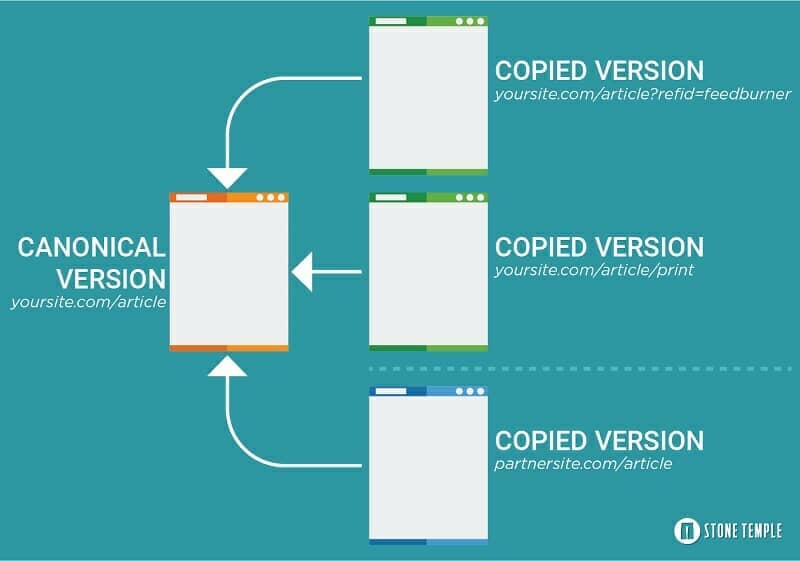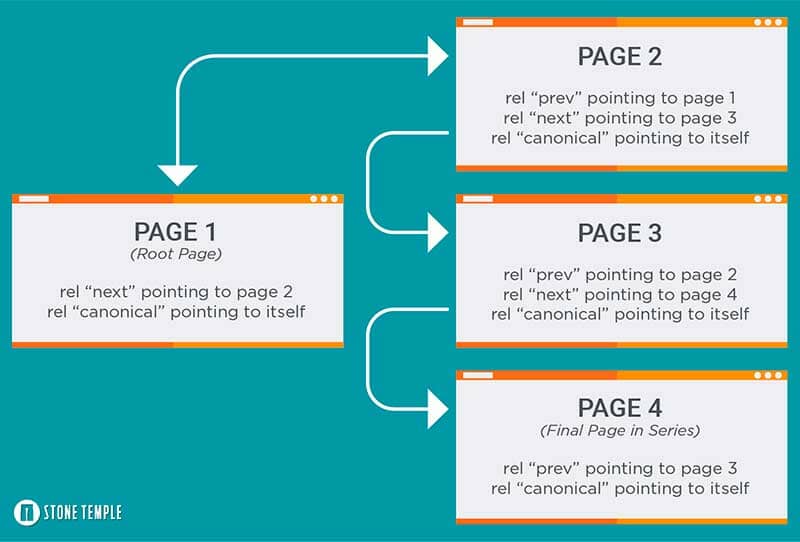Looks like Mark has found a “unique” solution to the pagination problem. If search engines can’t understand the pagination on your site, they’re going to treat it like a stack of papers tossed into the air. The one that lands for a particular searcher may not be the one you intended.
In this episode of our popular Here’s Why digital marketing video series, Perficient Digital’s Eric Enge covers some of the most common SEO pitfalls with pagination and how to avoid falling into them.
Resources
- See all of our Here’s Why Videos | Subscribe to our YouTube Channel
- Pagination Canonicalization and SEO: Your Technical Guide
- Check out Next10x Conference: Mastering the Changing Digital Marketing Landscape
Transcript
Mark: Eric, let’s start with the basics.
What is pagination on a website?
Eric: Pagination is a way of grouping together many pages of related information on a site. One of the most common examples is the blog section of most sites, where posts are shown in reverse chronological order, but for convenience and usability split up over linked pages of so many posts per page basically.
Another common use is to group together related products on an eCommerce site. So if you sell 30 different styles of men shoes you want each shoe to have its own page, but you also want users to be able to browse easily from shoe to shoe. You also want search engines to understand that you carry a variety of shoes.
Mark: Sounds simple, but according to a guide on pagination by our marketing consultant, John Dietrich, a lot of sites mess up pagination in ways that could affect their SEO. So what kind of errors are common?
Common Website Pagination Errors
Eric: The first is in the area of canonicalization. Especially with related product pages, there may be only small variations from page to page. For example, maybe you have 10 shoes of a certain style where the only major difference between them is the color.
Proper canonical links on each page let search engines know that the page is unique. You want to make sure if someone searches for red Oxford’s on Google they’ll get right to your page that has the red variation of your Oxford shoes. Canonical links help make sure that that will happen.

Mark: So what’s another problem sites using pagination run into?
Rel=prev/next tags and pagination
Eric: Next we could talk about rel=prev/next tags. These are simply tags that tell a search engine what the previous and next pages are in a series of linked pages in a sequence. So you need to have the page numbers correct in the link tags on each page so search engines understand the flow of connectivity of your pages.
For example, on page four a rel=prev link tag should point to page three, and the rel=next link tag should point to page five.

Mark: So are there other things SEOs should keep in mind for correct pagination?
Eric: Definitely. Ideally, a site should use canonicalization and rel=prev/next together to make things as clear as possible to search engines.
There are also special considerations if you’re using infinite scroll instead of pagination. And also, while Google has gotten better at being able to parse Javascript, if your pagination links are Javascript based and require user action to be generated, Google may not see them. So you need to give a special thought to implementation if you’re using Javascript.
All of these situations are covered in detail in John Dietrich’s guide.
Don’t miss a single episode of Here’s Why. Click the subscribe button below to be notified via email each time a new video is published.
See all of our Here’s Why Videos | Subscribe to our YouTube Channel


Hi
I think this is not the most important thing, Google knows how it works even without rel=prev/next tags.
Hi Carina – they wouldn’t have created the prev/next tags if they didn’t have a need for them. As you will see in this post by Google (https://webmasters.googleblog.com/2012/03/video-about-pagination-with-relnext-and.html) they can often figure it out, but they use it as a “strong hint”.
pagination is something that I used to care less before. always thought google was smart enough to keep things tight and only rank the page that’s relevant. But unfortunately that’s not always the case as i learned first hand. so rel= prev/next is a must in my opinion
That is the first time I heard the term Pagination in SEO and it still wasn’t clear yet. It would be great if you can list some more examples. Thanks, Eric